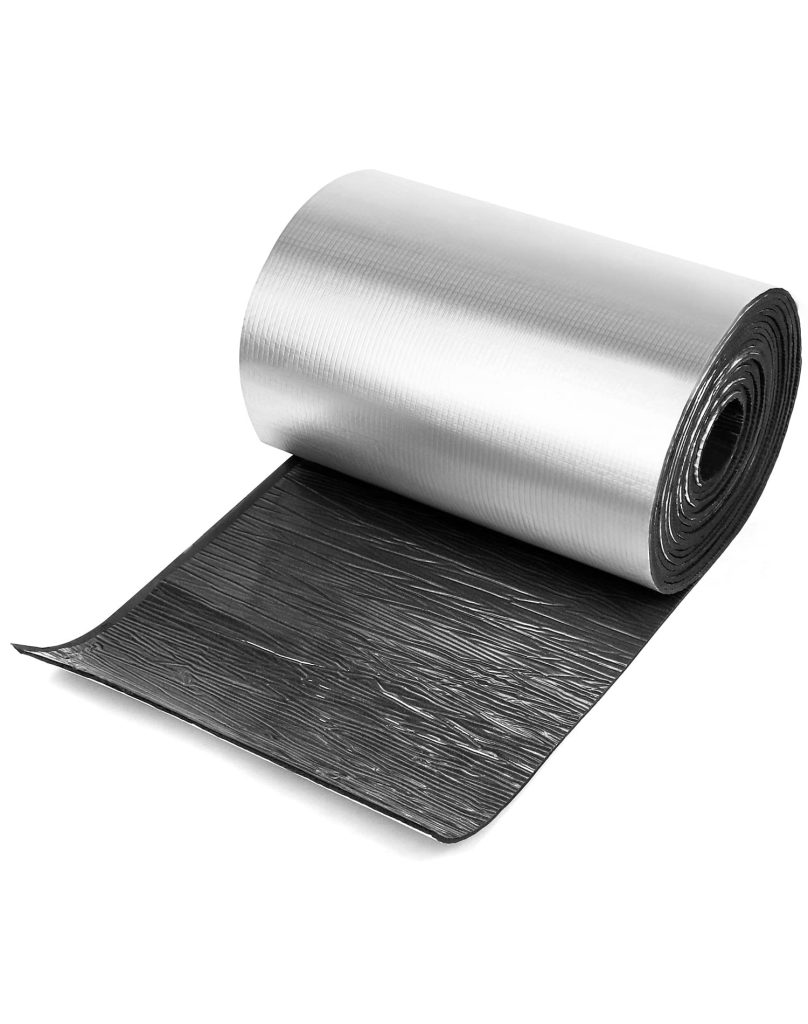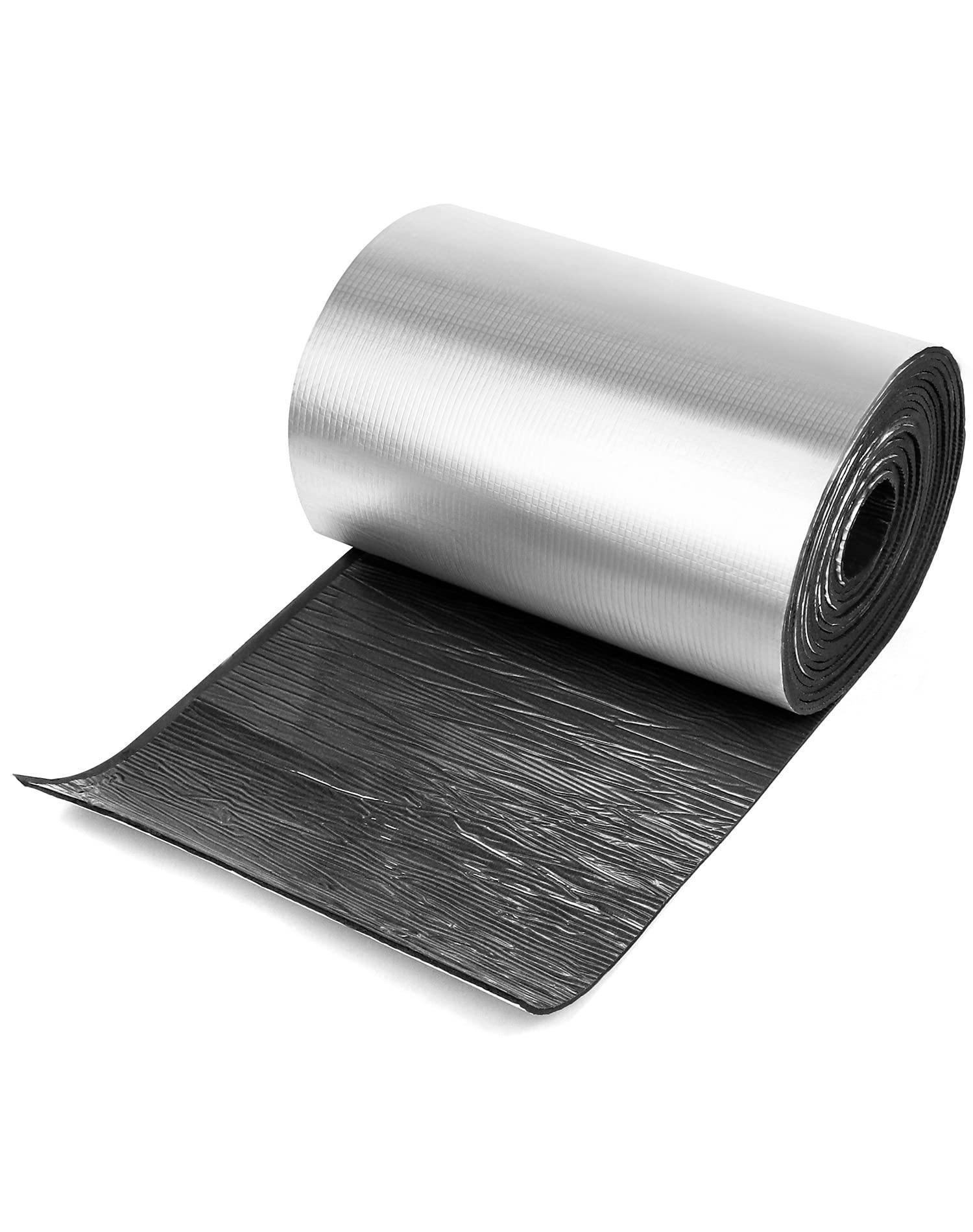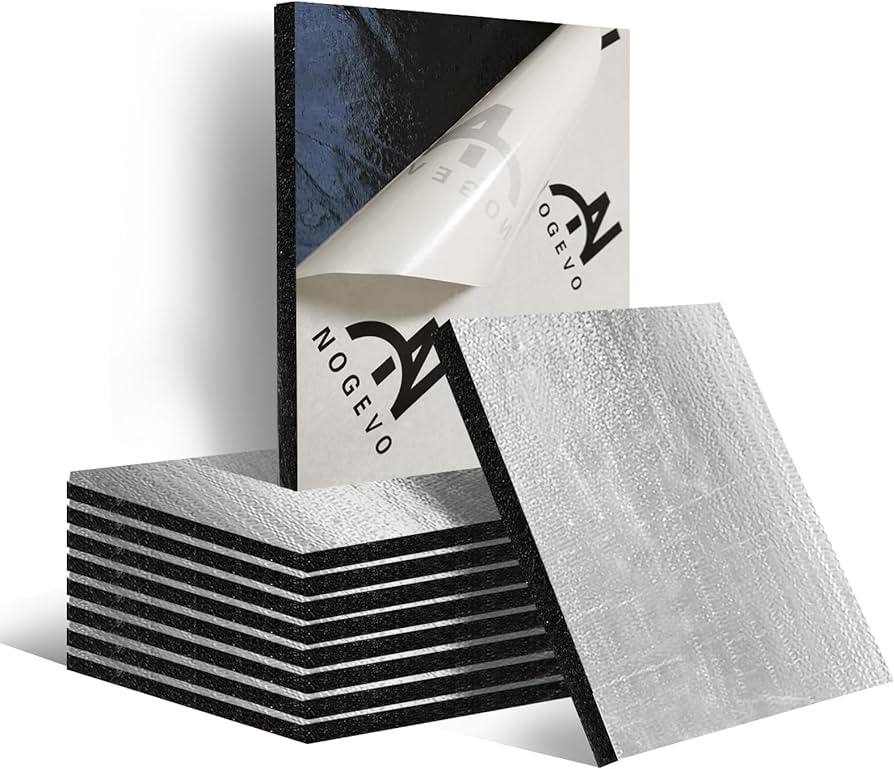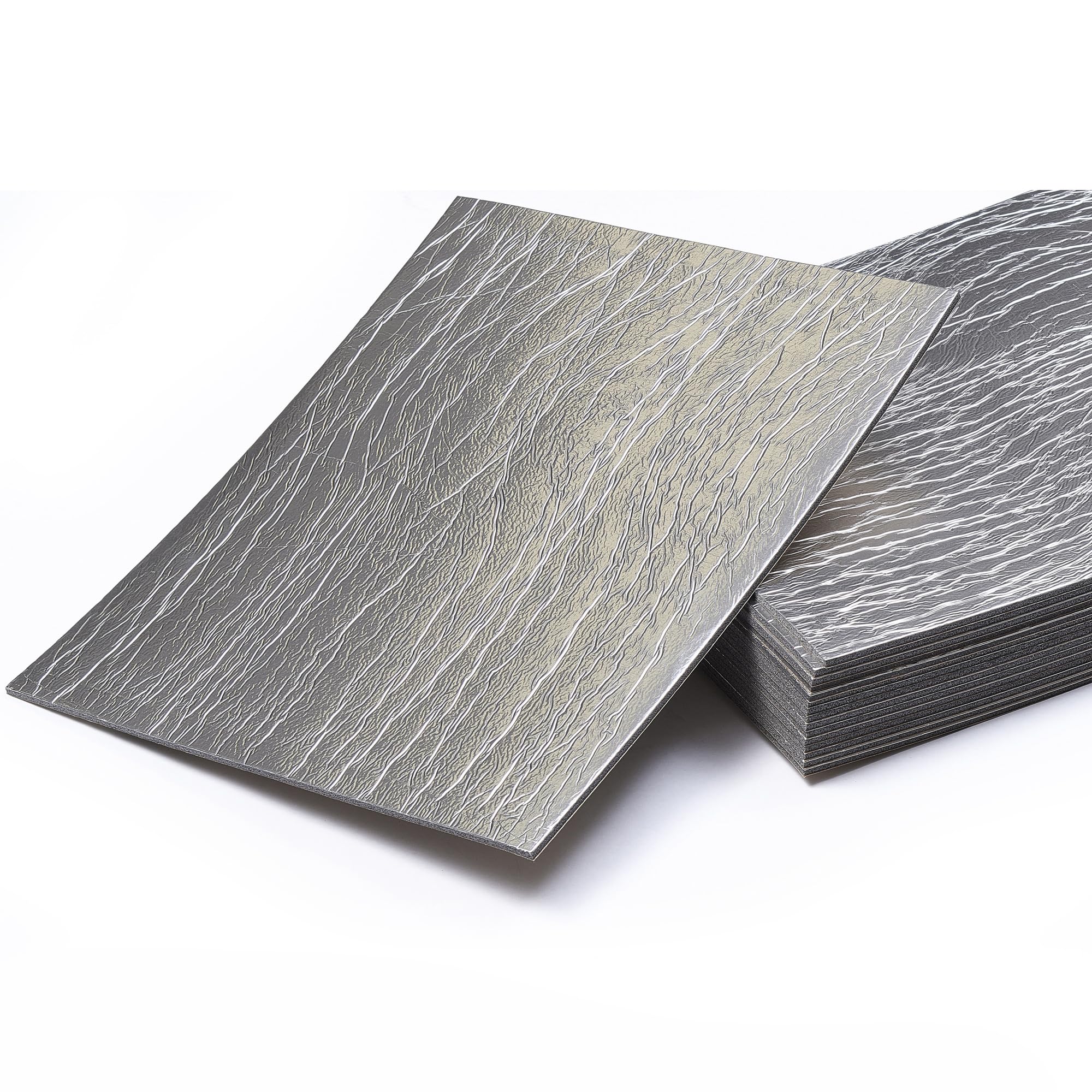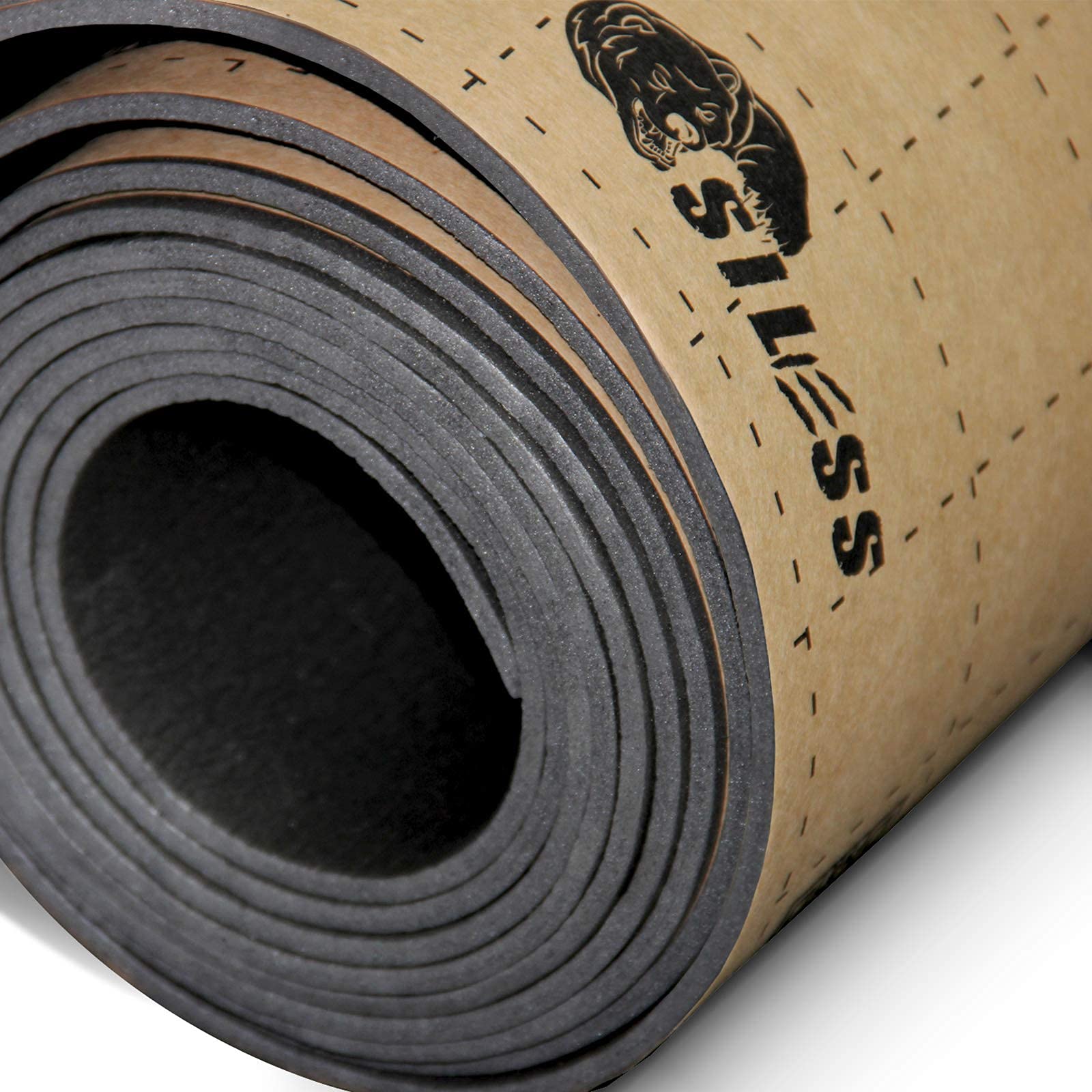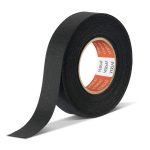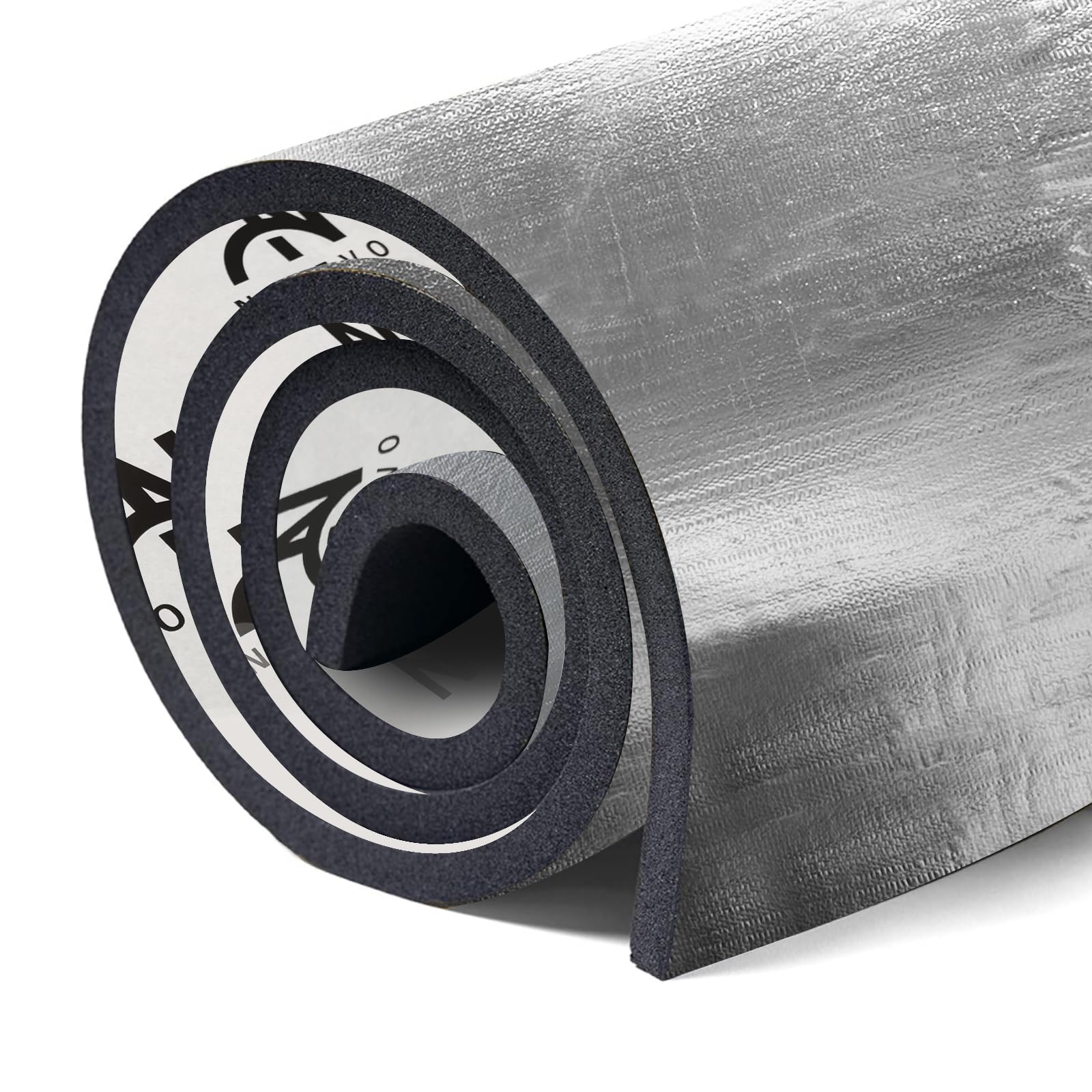
Introduction
In the realm of energy efficiency and home comfort, closed-cell foam insulation stands out as a superior choice for both residential and commercial applications. This versatile material offers a comprehensive range of benefits, including exceptional thermal resistance, moisture resistance, and soundproofing capabilities. Whether you’re seeking to reduce heating and cooling costs, enhance indoor air quality, or create a quieter living environment, closed-cell foam insulation can be your key to achieving these goals.
A Barrier Against Heat Transfer
Closed-cell foam insulation is renowned for its exceptional thermal resistance, effectively preventing heat transfer into or out of your home. This ability to control heat flow is measured by R-value, a unit that indicates the material’s resistance to heat conduction. Closed-cell foam boasts an R-value of up to 7 per inch, significantly higher than traditional insulation materials like fiberglass or cellulose.
-
- Reduced Heating and Cooling Costs: By minimizing heat transfer, closed-cell foam insulation helps regulate indoor temperatures, reducing the demand for heating and cooling systems. This translates into lower energy bills and a more sustainable approach to home energy management.
-
- Year-Round Comfort: Closed-cell foam insulation provides year-round comfort, keeping your home warm in winter and cool in summer. This consistent temperature control contributes to a more comfortable and livable indoor environment.
Moisture Resistance: A Shield Against Dampness
Closed-cell foam insulation is not only an effective thermal barrier but also a formidable moisture barrier. Its closed-cell structure prevents moisture from penetrating the insulation, protecting your home from condensation, mold growth, and water damage.
-
- Humidity Control: Closed-cell foam insulation helps regulate indoor humidity levels, preventing excessive moisture buildup that can lead to respiratory issues and mold growth. This contributes to a healthier indoor environment and reduces the risk of moisture-related damage.
-
- Structural Protection: By preventing moisture intrusion, closed-cell foam insulation protects the structural integrity of your home. It safeguards walls, floors, and ceilings from moisture damage, extending the lifespan of your property.
Soundproofing: A Haven of Peace and Quiet
Closed-cell foam insulation is not just about thermal and moisture control; it also excels in soundproofing. Its dense, closed-cell structure effectively blocks sound waves, creating a quieter and more peaceful living environment.
-
- Noise Reduction: Closed-cell foam insulation significantly reduces noise levels from both exterior and interior sources. This includes traffic noise, neighborhood sounds, and even household noises like footsteps and appliances.
-
- Improved Sleep Quality: The soundproofing capabilities of closed-cell foam insulation can enhance sleep quality by minimizing disruptive noises, allowing for a more restful and restorative sleep experience.
Additional Benefits: A Comprehensive Solution
Beyond its primary benefits of thermal insulation, moisture resistance, and soundproofing, closed-cell foam insulation offers a range of additional advantages.
-
- Durability: Closed-cell foam insulation is incredibly durable and long-lasting, maintaining its insulating properties for decades without degradation.
-
- Pest Resistance: The closed-cell structure of the foam prevents pests like rodents and insects from nesting or causing damage.
-
- Fire Resistance: Closed-cell foam insulation is rated as flame retardant, providing an added layer of fire protection for your home.
Versatility in Insulation
Closed-cell foam insulation is a versatile material that can be applied in various areas of a home or commercial building.
-
- Attic and Crawl Spaces: Closed-cell foam is an ideal choice for insulating attics and crawl spaces, where it can significantly reduce heat transfer and prevent moisture buildup.
-
- Walls: Closed-cell foam can be injected into wall cavities to provide superior insulation and soundproofing.
- Floors: Closed-cell foam can be used to insulate subfloors, reducing heat loss and improving comfort underfoot.
Professional Installation: Ensuring Optimal Results
Due to its specialized properties and application techniques, closed-cell foam insulation should be installed by trained professionals. They possess the expertise and equipment to ensure proper installation, maximizing the insulation’s benefits and minimizing potential issues.
- During the spray application process, closed-cell foam is typically applied using a spray technique. Professionals mix two liquid components on-site, creating a fast-expanding foam that fills cracks and crevices for complete coverage. However, it’s important to note the significance of proper training. Improper installation of closed-cell foam can lead to problems like overfilling cavities or inadequate adhesion. Trained professionals understand the specific characteristics of the material and can ensure a flawless installation.
-
Safety Precautions: Closed-cell foam insulation requires the use of specialized protective gear during installation. Professionals are trained in the safe handling and application of the materials.
Conclusion: A Smart Investment for Homeowners
Closed-cell foam insulation represents a smart investment for homeowners seeking to enhance their home’s energy efficiency, comfort, and soundproofing. Its exceptional thermal resistance, moisture resistance, and soundproofing capabilities provide long-lasting benefits that translate into lower energy bills, a healthier indoor environment, and a more peaceful living space.
-
Lower Energy Bills: With reduced reliance on heating and cooling systems due to superior insulation, homeowners can expect significant savings on energy bills over time.
-
Enhanced Comfort: Consistent year-round temperatures create a more comfortable living environment, reducing drafts and hot spots.
-
Improved Indoor Air Quality: Closed-cell foam’s ability to control moisture helps prevent mold growth and reduces allergens, contributing to a healthier indoor environment.
-
Quieter Living: Soundproofing capabilities promote a more peaceful living space by minimizing noise intrusion from both inside and outside the home.
-
Increased Home Value: The energy efficiency and comfort benefits of closed-cell foam insulation can add value to a property, making it more attractive to potential buyers.
While the upfront cost of closed-cell foam insulation may be higher than traditional options, the long-term savings and enhanced quality of life make it a worthwhile investment for homeowners who value energy efficiency, comfort, and a healthier home environment. For those seeking a comprehensive solution to their insulation needs, closed-cell foam insulation stands out as a superior choice, offering a multitude of benefits for creating a more comfortable, energy-efficient, and soundproof living space.
-
Basements: Closed-cell foam is an excellent choice for insulating basements, preventing moisture intrusion and creating a more habitable space.
-
Considerations and Costs: Weighing the Options
Closed-cell foam insulation offers a compelling range of benefits, but it’s important to consider all aspects before making a decision. Here’s a breakdown of some key factors to weigh:
-
Cost: Closed-cell foam insulation has a higher upfront cost compared to traditional options like fiberglass or cellulose. However, the long-term energy savings and reduced maintenance needs can offset the initial investment.
-
Installation: Professional installation is crucial for closed-cell foam due to its specialized properties. Factor in the cost of professional labor when evaluating the overall investment.
-
R-Value: The R-value of closed-cell foam insulation varies depending on the thickness. Choose a thickness that provides the desired level of insulation for your climate and needs.
-
Ventilation: Closed-cell foam insulation can impact ventilation in some cases. Consult with a qualified professional to ensure proper ventilation strategies are implemented.
-
Environmental Impact: While closed-cell foam offers long-term energy savings, the manufacturing process can have environmental impacts. Research eco-friendly closed-cell foam options if environmental considerations are a priority.
Cost Comparison:
While the initial cost of closed-cell foam is higher, consider this alongside the potential savings:
-
Energy Bills: Closed-cell foam’s superior insulation can significantly reduce heating and cooling costs over time, leading to substantial financial savings.
-
Maintenance Costs: Closed-cell foam requires minimal maintenance compared to traditional insulation materials that may need to be replaced over time.
-
